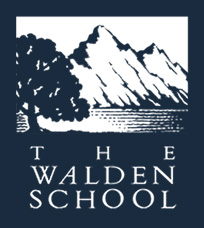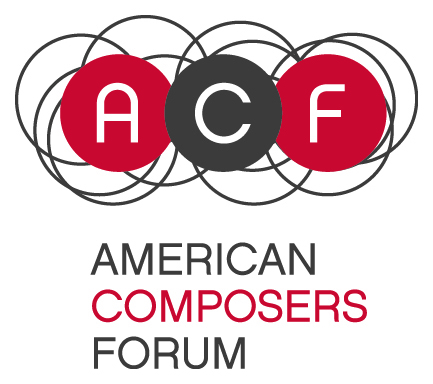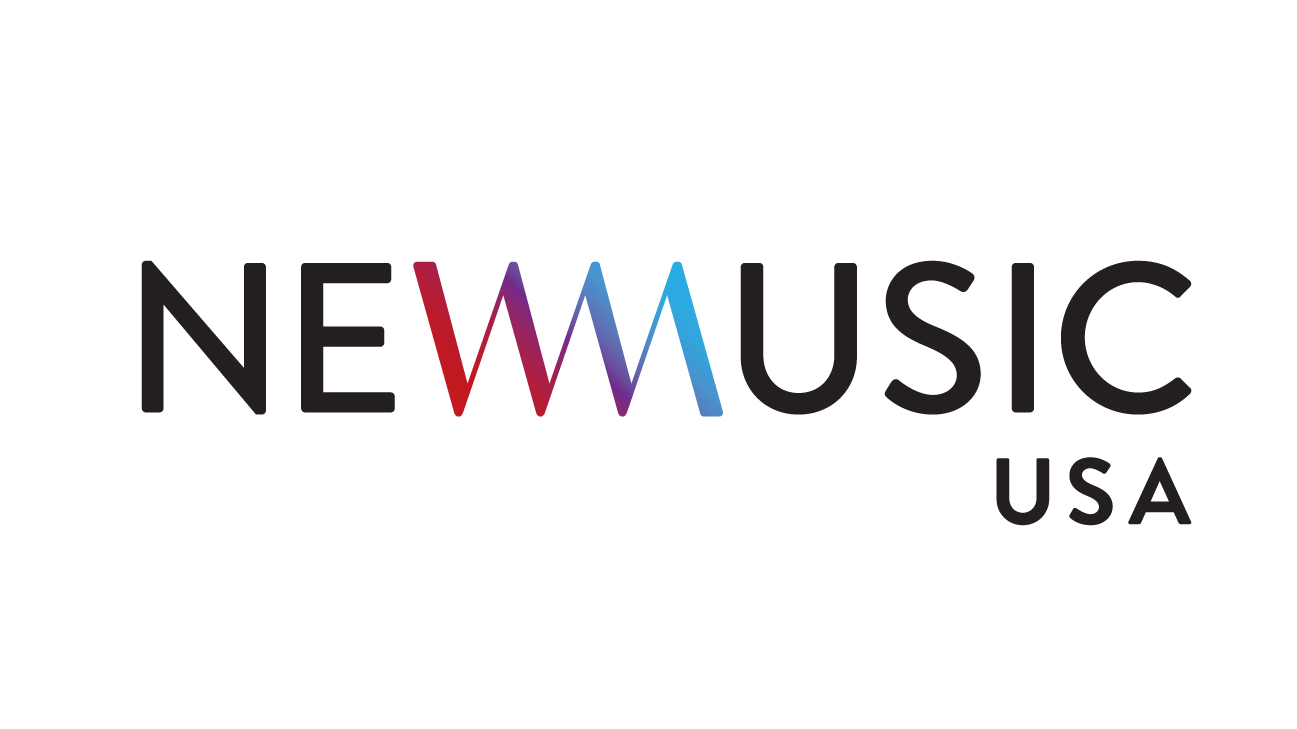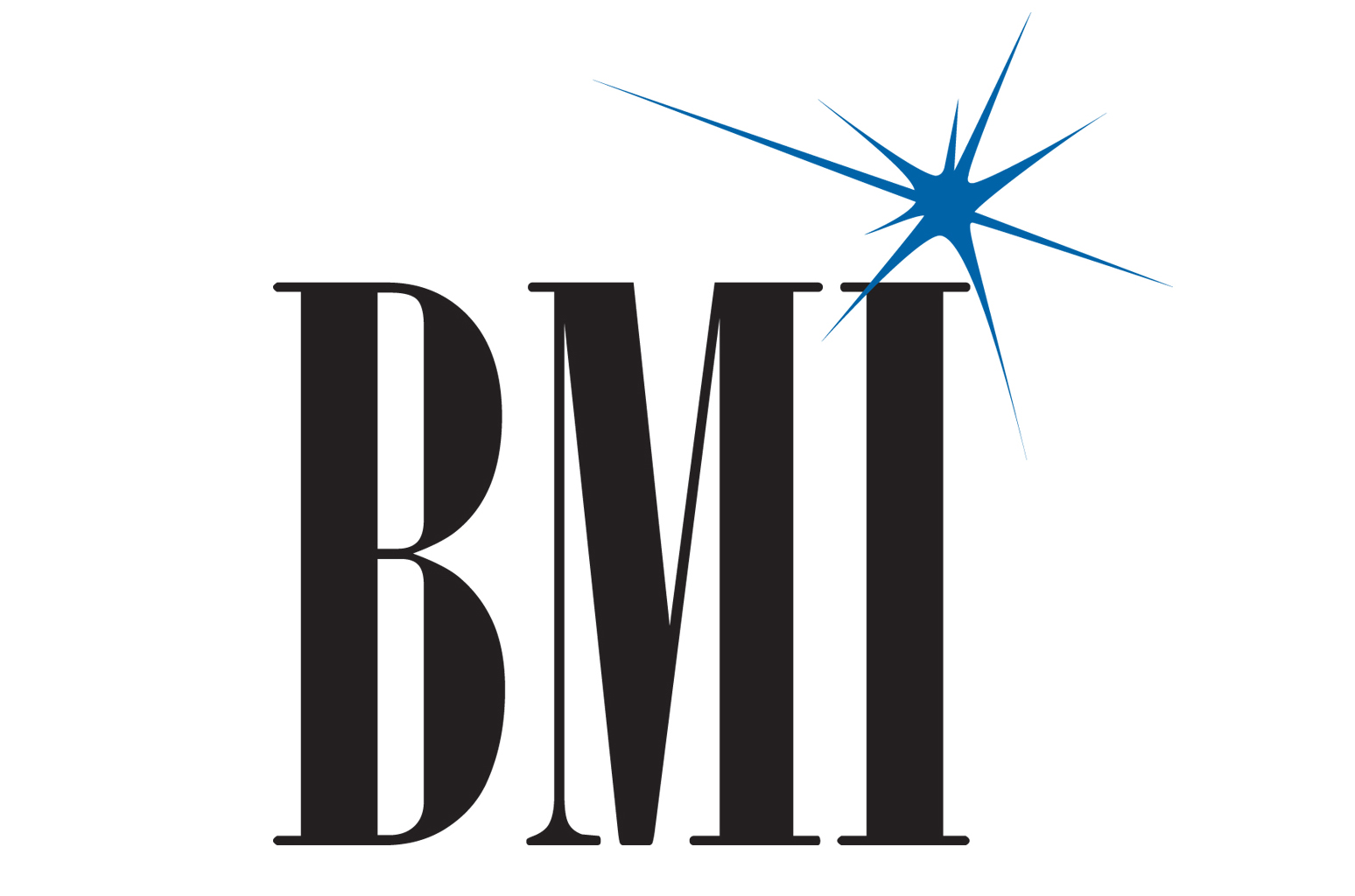The following organizations and associations are important resources for music educators, performers, composers and improvisers.
American Camp Association
The American Camp Association is a community of camp professionals who, for over 100 years, have joined together to share our knowledge and experience and to ensure the quality of camp programs. Because of our diverse 12,000 plus membership and our exceptional programs, children and adults have the opportunity to learn powerful lessons in community, character-building, skill development, and healthy living — lessons that can be learned nowhere else.
As a leading authority in youth development, ACA works to preserve, promote, and improve the camp experience. Our association is committed to helping our members and all camps provide:
- Camp communities committed to a safe, nurturing environment
- Caring, competent adult role models
- Healthy, developmentally appropriate experiences
- Service to the community and the natural world
- Opportunities for leadership and personal growth
- Discovery, experiential education, and learning opportunities
- Excellence and continuous self-improvement
American Composers Forum
Founded in 1973 as the Minnesota Composers Forum, the organization has grown from an innovative regional initiative into one of the nation’s premier composer service organizations. Forum programming reaches composers and communities in all 50 states. The Forum’s 1,700 members include composers and performers, presenters and organizations that share the Forum’s goals, and individuals and institutions with an interest in supporting new music. Forum members come from both urban and rural areas; they work in virtually every musical genre, including orchestral and chamber music, “world” music, opera and music theater, jazz and improvisational music, electronic and electro-acoustic music, and sound art.
The American Composers Forum enriches lives by nurturing the creative spirit of composers and communities. We provide new opportunities for composers and their music to flourish, and engage communities in the creation, performance and enjoyment of new music. The American Composers Forum is committed to supporting composers and developing new markets for their music. Through granting, commissioning, and performance programs, the Forum provides composers at all stages of their careers with valuable resources for professional and artistic development. By linking communities with composers and performers, the Forum fosters a demand for new music, enriches communities, and helps develop the next generation of composers, musicians, and music patrons.
New Music USA Online Library
New Music USA is committed to the vitality of the new music community. They create a whole new music community, from composers to performers to presenters, producers, die-hard fans, casual listeners, curious minds, and beyond. They’re helping new music reach new ears every day.
Their Online Library is a one-stop resource for anyone in need of information about new American music, from a conductor looking for choral works on a given theme to an ensemble searching for repertoire that fits its unusual instrumentation to a scholar studying the string quartets of a particular composer.
The American Society of Composers, Authors, and Publishers
ASCAP is a membership association of more than 370,000 U.S. composers, songwriters, lyricists, and music publishers of every kind of music. Through agreements with affiliated international societies, ASCAP also represents hundreds of thousands of music creators worldwide. ASCAP is the only U.S. performing rights organization created and controlled by composers, songwriters and music publishers, with a Board of Directors elected by and from the membership.
ASCAP is home to the greatest names in American music, past and present — from Duke Ellington to Dave Matthews, from George Gershwin to Stevie Wonder, from Leonard Bernstein to Beyoncé, from Marc Anthony to Alan Jackson, from Henry Mancini to Howard Shore — as well as many thousands of writers in the earlier stages of their careers. ASCAP also represents every kind of music. ASCAP’s repertory includes pop, rock, alternative, country, R&B, rap, hip-hop, Latin, film and television music, folk, roots and blues, jazz, gospel, Christian, new age, theater and cabaret, dance, electronic, symphonic, concert, as well as many others — the entire musical spectrum.
ASCAP’s primary purpose is to assure that music creators are fairly compensated for the public performance of their works, and that their rights are properly protected. Throughout its 93 years, ASCAP has stayed true to the democratic ideals and guiding principles set forth by its founding members. ASCAP is still 100% member-owned, governed by a Board of Directors elected by and from the membership every two years.
Broadcast Music, Inc.
BMI is a non-profit-making performing right organization. BMI was the first to offer representation to songwriters of blues, country, jazz, r&b, gospel, folk, Latin and, ultimately, rock & roll. BMI’s history coincides with one of the most vibrant, evolving and challenging periods in music history. As popular music has moved from big-band to rock & roll and hip-hop, and formats have evolved from 78 and 33 1/3-rpm vinyl records to compact discs, MP3s and beyond, BMI has worked on behalf of its members to maintain a leadership position not only in the United States, but worldwide. BMI represents more than 400,000 songwriters, composers, and publishers with more than 6.5 million works.
BMI was founded by radio executives to provide competition in the field of performing rights, to assure royalty payments to writers and publishers of music not represented by the existing performing right organization and to provide an alternative source of licensing for all music users. Underlying everything BMI does is its philosophy: an open-door policy that welcomes songwriters, composers and music publishers of all disciplines, and helps them develop both the creative and business skills crucial to a career in music.
Chamber Music America
Chamber Music America is the only national service organization for the chamber music profession. In thirty-two years, CMA has grown to represent more than 8,000 individual and organization members. In addition to providing musicians with an array of professional development services and access to such benefits as affordable instrument insurance and health care plans, CMA supports the ensemble music field through a variety of grants, awards, and performance initiatives. To date, CMA has invested nearly $1 million in the professional development of chamber musicians and organizations.
As CMA continues to grow, its membership has broadened to reflect the diversity of the ensemble music landscape in America today. United by shared professional values and common goals, CMA’s members embrace musical styles ranging from Western classical and early music to new music, jazz, multimedia, and world genres and represent all facets of the chamber music world — performers, presenters, educators, composers, music festivals and training programs, as well as music-related businesses and advocates of the art form.
The mission of Chamber Music America is to develop and strengthen an evolving chamber music community. Our vision is that chamber music will become a vital and recognized presence in contemporary American culture.
Chorus America
Chorus America was founded in 1977 by the professional choral music community in response to clear and demonstrated needs for more public awareness, financial support, and experienced organizational management. What began in Philadelphia as the Association of Professional Vocal Ensembles has since expanded to embrace the broad spectrum of choruses, growing from 45 choruses in 1977 to 650 today, as well as more than 900 individual and business members. In June 1993, the organization’s name was officially changed to Chorus America. More than 1,600 choruses, individuals, and businesses are members of Chorus America. This powerful group of conductors, arts administrators, board members, singers, music business executives, and choral music lovers are at the core of a dramatically expanding choral movement in North America.
Chorus America’s mission is to build a dynamic and inclusive choral community so that more people are transformed by the beauty and power of choral singing. Chorus America strengthens choral organizations and provides their leaders with information, research, leadership development, professional training, and advocacy to help them deliver the best possible contributions to their communities and to the choral art. Chorus America provides invaluable news, resources and expertise delivered in myriad accessible ways. Chorus America’s programs bring professionals and volunteers together to learn and collaborate in a friendly, supportive environment that promotes networking, information exchange, and shared goals. Chorus America speaks with a strong and unified voice to increase recognition of choral singing as an essential part of society.
Music Teachers National Association
The Music Teachers National Association consists of 24,000 independent and collegiate music teachers. Its structure is made up of 50 state affiliates grouped into seven divisions: Eastern, East Central, Northwest, Southern, Southwest, South Central, West Central, with more than 500 local affiliates. The MTNA is governed by the Board of Directors, which is composed of 6 National Association Officers and 7 Directors from each Division.
The mission of Music Teachers National Association is to advance the value of music study and music making to society and to support the professionalism of music teachers. The association maintains two subsidiary programs: MTNA Professional Certification Program and the MTNA Foundation Fund. The Professional Certification Program exists to improve the level of professionalism within the field of applied music teaching and helps the public readily identify competent music teachers in their communities. The MTNA Foundation Fund supports programs to financially assist teachers and students with their educational pursuits while providing an opportunity for individual and corporate support of MTNA and its programs.
The National Association for Musical Education
The National Association for Music Education, the world’s largest arts education organization, marked its centennial in 2007 as the only association that addresses all aspects of music education. More than 130,000 members represent all levels of teaching from preschool to graduate school. Since 1907, MENC has worked to ensure that every student has access to a well-balanced, comprehensive, and high-quality program of music instruction taught by qualified teachers. MENC’s activities and resources have been largely responsible for the establishment of music education as a profession, for the promotion and guidance of music study as an integral part of the school curriculum, and for the development of the National Standards for Arts Education.
Music allows us to celebrate and preserve our cultural heritages, and also to explore the realms of expression, imagination, and creation resulting in new knowledge. Therefore, every individual should be guaranteed the opportunity to learn music and to share in musical experiences. The mission of MENC: The National Association for Music Education is to advance music education by encouraging the study and making of music by all.
National Association of Music Merchants Foundation
The NAMM Foundation is a non-profit organization with the mission of advancing active participation in music making across the lifespan by supporting scientific research, philanthropic giving and public service programs from the international music products industry.
Society of Composers, Inc.
The Society of Composers, Inc. is a professional society dedicated to the promotion of composition, performance, understanding and dissemination of new and contemporary music. Members include composers and performers both in and outside of academia interested in addressing concerns for national and regional support of compositional activities. The organizational body of the Society is composed of a National Council, co-chairs who represent regional activities, and the Executive Committee. Today, the SCI comprises around 1,200 members, in and out of academia.
Society of Composers, Inc. is an independent organization concerned with the fellowship, collaboration, career goals, and objectives of new and contemporary music composers and those interested in topics related to composition. Some of the measure of SCI’s success in promoting contemporary American music can be seen in the more-than 5,000 performances of new works SCI has sponsored at its annual national, regional, and student conferences. The presentation of conferences–music festivals that showcase the works of SCI composers–is one of the primary missions of SCI, and distinguishes us from other service organizations for composers. SCI also offers personal, updatable web pages online, on which SCI members can post .mp3s and .pdfs of their compositions. SCI’s streaming-media server, COMPOSERVER, provides internet streaming-audio publishing for recordings of members’ works.
The Society for Electro-Acoustic Music in the United States
The Society for Electro-Acoustic Music in the United States (SEAMUS) is a non-profit national organization of composers, performers, and teachers of electro-acoustic music representing every part of the country and virtually every musical style. Electroacoustic music is a term used to describe those musics which are dependent on electronic technology for their creation and/or performance. Many members of SEAMUS, like Jon Appleton, the guiding light in the conception of the Synclavier, are recognized world leaders in their fields. All are dedicated to the use of the most advanced technology as the tools of their trade.
SEAMUS seeks to provide a broad forum for those involved or interested in electronic music. Through its journal, newsletter, national meetings, and its national archive at the University of Texas, SEAMUS seeks to increase communication among the diverse constituency of the relatively new music medium. SEAMUS strives to address not only relevant technology but also the non-technical issues pertinent to the electro- acoustic music community. In a field usually dominated by technical concerns, it is refreshing to hear paper sessions devoted to aesthetics, collaboration, education, and the ethical and social issues facing electroacoustic musicians. The provocative sessions provide fuel for lively discussions during the national meetings.












